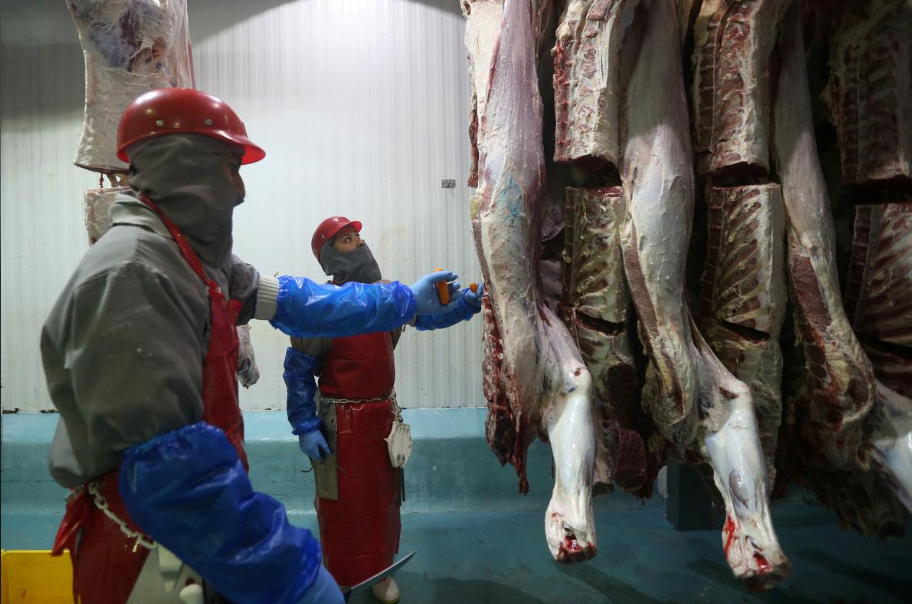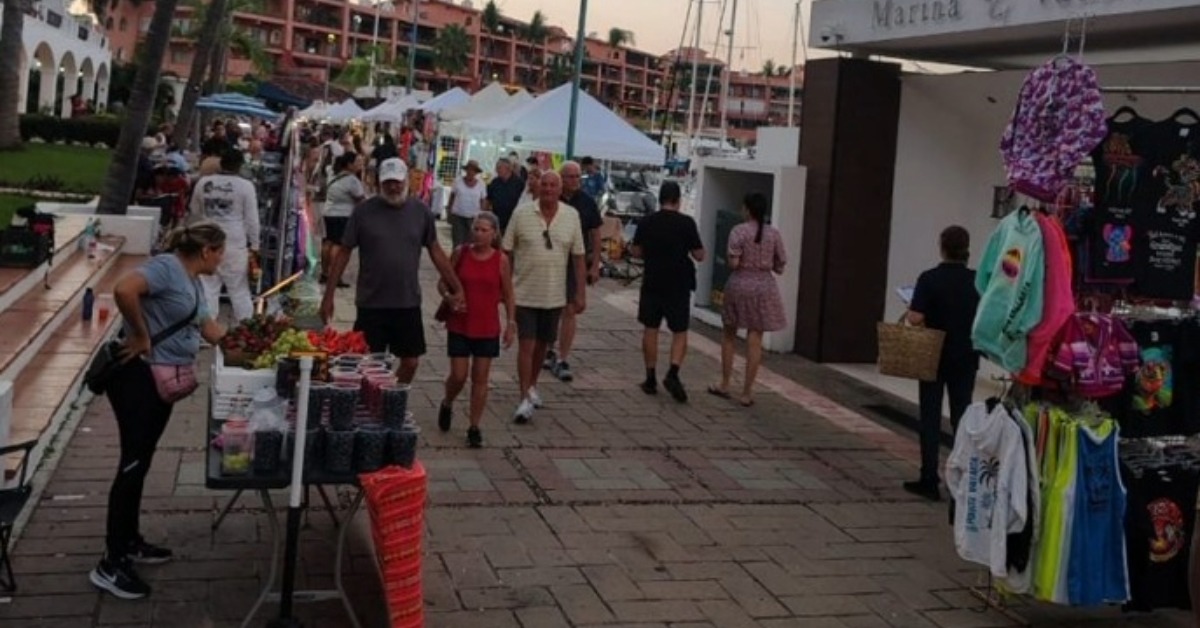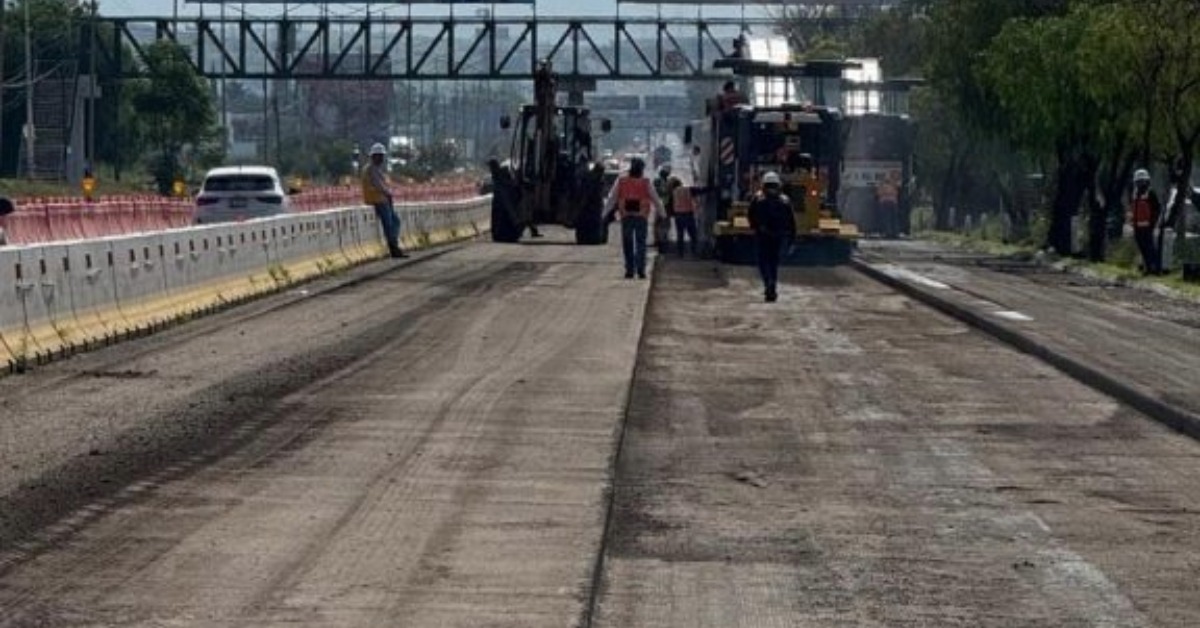More Mexican steaks and other beef cuts are headed north of the border after the coronavirus outbreak has hobbled U.S. meat processing plants, potentially offsetting fears of shortages affecting businesses from fast-food chains to grocery stores but angering American ranchers.
The Mexican industry chalks up the export growth to new safety measures adopted by plants, as well as relatively smaller-scale operations that have so far kept infections at bay and business humming.
In the United States, there has been a surge of cases of COVID-19, the respiratory disease caused by the . . .






